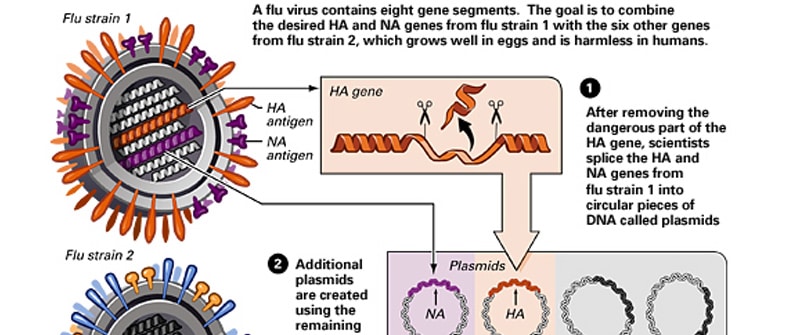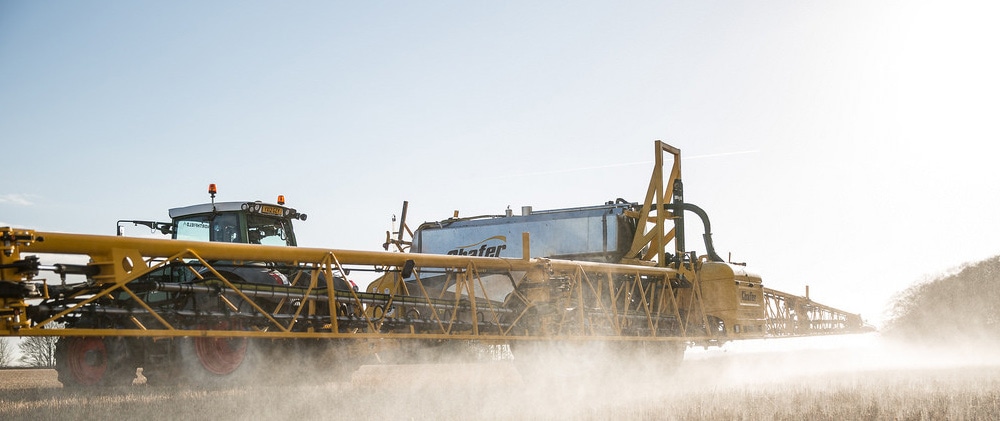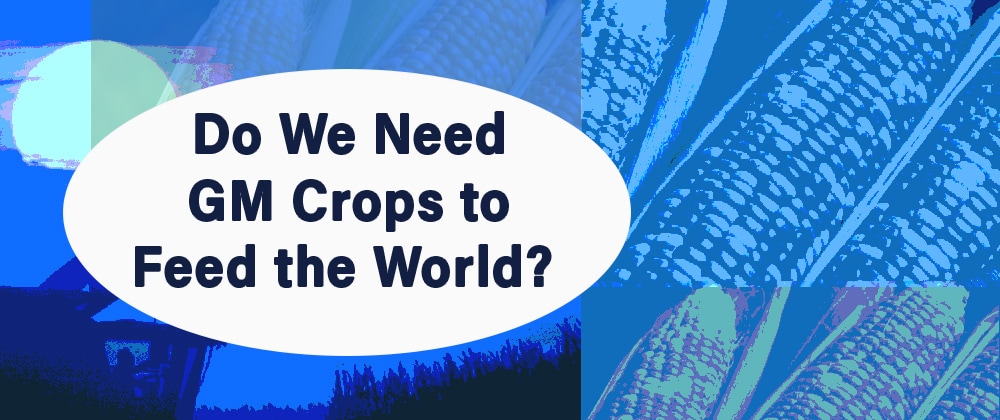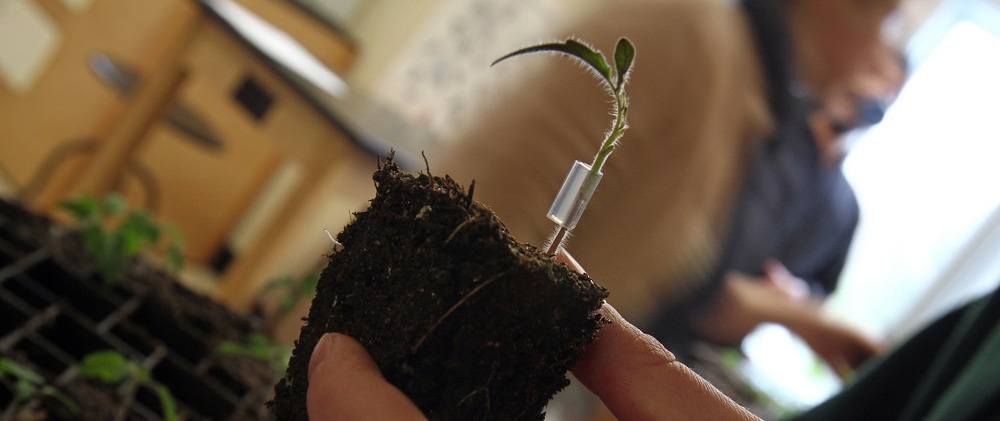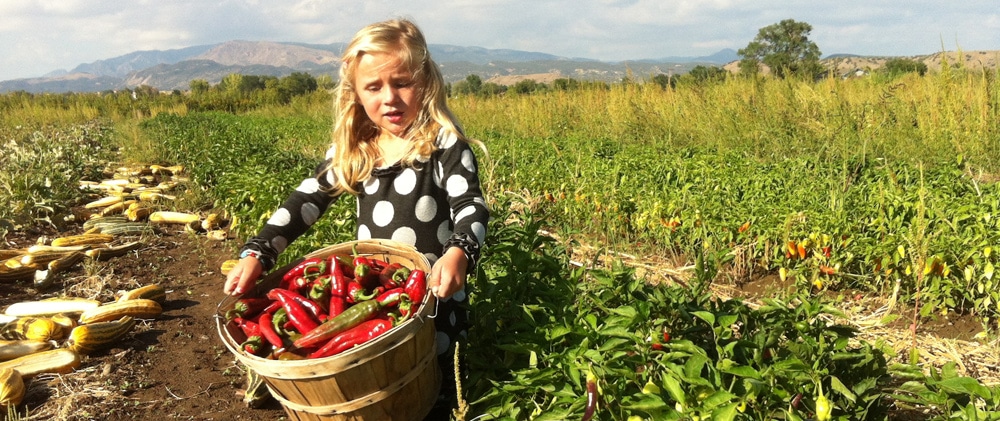Environmental Toxins
also known as environmental toxicants

Danger in the Dough: Unveiling the Toxic Contaminants in Girl Scout Cookies
Article by Michelle Perro, MD, Stephanie Seneff, PhD, and Zen Honeycutt BFA Introduction Consumer groups, GMOScience, Moms Across America, and supporters have commissioned the testing of Girl Scout cookies for toxic metals and glyphosate/AMPA (an herbicide and its byproduct), to promote awareness and positive change for health. The results were extremely concerning. 100% of the samples were positive for glyphosate 100% were positive for toxic metals 22 out of 25 (88%) of samples were positive...

Get the Lead Out
Moms Across America, The New MDS, and GMOScience, banded together and did the work of regulatory agencies. We’ve confirmed what officials already knew; infant formula, the only food for many babies, is contaminated and it has been given a pass.
Genetic Engineering: Far-Reaching Biomedical Uses in Modern Society
Since the discovery of the structure of DNA and of the fact that one could engineer bacteria, plants, and animals using “recombinant” techniques to express genes moved from other organisms, much of biology and genetics research has been transformed. This remarkable...
Top Concerns About Glyphosate Include Birth Defects and Cancer
Glyphosate is the active ingredient in the systemic herbicide formulation Roundup®, as well as in several generic “glyphosate-based herbicides” (GBHs). These herbicides are applied around the world to most of the acres where genetically engineered (GE) crops are...
Top Five Childhood Diseases on the Rise
Recent studies confirm our clinical experience: 43% of children in the United States have a chronic illness, a percentage that rises to 52% when obesity is included as a disease.[1] Here we list some of the childhood diseases on the rise. We cannot conclude that any...
Regulation of Genetically Engineered Foods
In the US, genetically engineered (GE) organisms are regulated by the Food and Drug Administration (FDA), the US Department of Agricultural (USDA) and the Environmental Protection Agency (EPA). Since the first commercialization of GE foods, the US National Academy of...
Do We Need GM Crops to Feed the World?
This well-researched article examines the claim and validity of whether or not we need GM crops to feed the world.Read More
Dirty Money, Dirty Science
The biotech industry’s web of attempts to buy credibility, by laundering its messages through supposedly independent academic scientists, is unraveling and beginning to reveal the influence of a huge amount of industry money on the independence of academic...
Rocky Road for Roundup
It didn’t take much convincing to get Mike Pietzyk to try a new weed-killing product on one of his cornfields in southeastern Nebraska. “The days of going out and spraying Roundup twice a year—those are long gone,” says Pietzyk, a second-generation grower who has...
GM Foods: A Moment of Honesty
So many have claimed that GE foods are perfectly safe, that the science is settled and only fools would deny this. However, professor of Anthropology and Environmental Studies Glenn Davis Stone explains that precisely identical claims have been made before for...
How the Great Food War Will Be Won
Do we need GE crops to "feed the world"? Scientist Jonathan Latham explains why it is important to understand that this is a fallacy. In his words, "there is no global or regional shortage of food. There never has been and nor is there ever likely to be. India has a...
A Pediatrician’s Viewpoint
By Michelle Perro, M.D., D. Hom.Caring for children has been my entire life’s work. It requires an open mind to perform this work, particularly in our present environment that challenges the health of this very vulnerable population. For those of us who embrace the...

